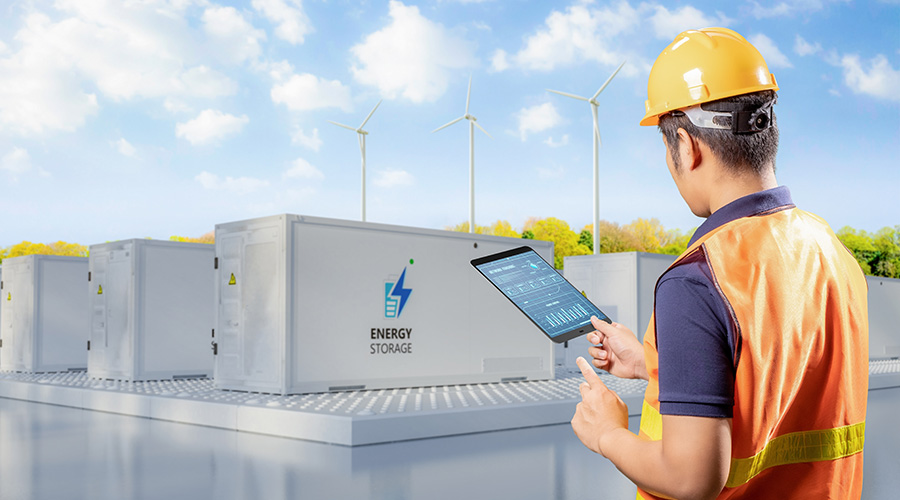« Back to Facilities Management News Home
« Green
Dow Recognized by Green Sports Alliance for Climate Solutions Framework
The introduction of a practical emissions mitigation framework for the Olympic Games Rio 2016, had earned The Dow Chemical Company a win of its own— the Green Sports Alliance’s Environmental Innovator of the Year award.
The Innovators of the Year awards from the Green Sports Alliance recognize and celebrate the best in sports and sustainability. The Green Sports Alliance leverages the cultural and market influence of sports to promote healthy, sustainable communities where people live and play to inspire leagues, colleges, teams and fans to embrace renewable energy, healthy food, recycling, water efficiency, safer chemicals and environmentally preferable practices.
Working with Naturebank, which specializes in advisory, technology and impact project investment services and Environmental Resources Management (ERM), a global provider of environmental, health, safety, risk and social consulting services, Dow created an innovative Climate Solutions Framework to encourage wider adoption of cost effective ways to reduce greenhouse gas emissions. The Framework provides event owners, in collaboration with partners, an approach to quantify and mitigate the impact of events while leaving a positive legacy through the adoption of innovative low-carbon technologies.
“This is a welcomed acknowledgement of the impact Dow’s Climate Solutions Framework delivered at the intersection of science and sport,” says Louis Vega, Dow’s vice president of Olympic & Sports Solutions. “Dow’s portfolio of sustainable solutions enabled industries to do more with less, switch to lower-carbon energy sources and conserve energy through more efficient solutions. The Olympic Games Rio 2016 was the benchmark for partnerships in how a global sport catalyst can be a facilitator for change.”
Putting the Framework to Work
Dow Recognized by Green Sports Alliance for Climate Solutions Framework for Events
As the Official Carbon Partner of Rio 2016, Dow implemented the Framework in conjunction with customers in Latin America through a variety of projects that enabled businesses to enhance productivity and conserve energy by switching from fossil to renewable energy sources, optimizing resources in agriculture and livestock farming, and building capacity for more energy-efficient infrastructure, leading to long-term changes in the market.
The expertise and solutions from Dow and its partners are reducing greenhouse gas (GHG) emissions, lowering energy use, increasing yields and increasing use of alternative fuel sources. Through the end of 2026, the program implemented by Dow and its customers and partners is projected to generate more than 2 million tonnes of climate benefits—energy savings, materials savings and carbon capture—in Brazil and throughout Latin America.
The construction sector is one of Latin America’s greatest economic drivers, but it is also one of the most resource-heavy industries with a significant carbon footprint. To help lessen the construction industry’s carbon footprint, Dow launched a program with the three largest polyurethane panel producers in Brazil. The campaign, which consisted of workshops, seminars and a communications program in the four key construction markets, educated architects, builders and contractors about the benefits of efficient insulation and the panels’ use and performance.
“Dow’s Carbon Partnership with Rio 2016 took the positive impact of the Games beyond the confines of the venues into the cities and communities that played host to the global event,” says Dr. Neil Hawkins, chief sustainability officer and corporate vice president for Dow. “The success of the Framework in Latin America demonstrated that innovative collaborations can facilitate the sustainable development transitions we all aspire to achieve.”
Dow’s Climate Solutions Framework for Events was used to quantify and 3rd party verify the mitigation projects supporting the Sustainable Future program implemented at the Olympic Winter Games Sochi 2014. As part of the program, Dow launched projects across three sectors—agriculture, infrastructure and industry—in Russia. By the first half of 2015, these projects implemented for the Sochi 2014 Winter Games delivered 1.6 million tonnes of CO2 equivalents in climate benefits.
More From 7/28/2017 on FacilitiesNet







